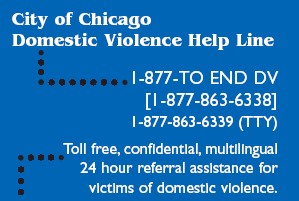Information for Children Exposed to Domestic Violence
Exposure to Domestic Violence, either experienced directly or witnessed between caregivers can have a detrimental effect on children.

Common Signs of CEDV:
- Acting out, withdrawing
- Attention seeking behaviors
- Care taking (taking care of and worrying about the needs of others more than self)
- Somatic complaints including headaches, stomachaches, asthma
- Nervousness or anxiety. Having a short attention span, which may seem like "hyperactivity"
- Regression in developmental tasks including bedwetting, thumb-sucking, clinging behavior
- Poor conflict resolution skills
Children who Witness Violence in the Home Learn:
- To blame others for their behavior
- To believe it is OK to yell, smash things or hit others you care about to get what you want, express anger, or feel powerful
- Not to trust
- To feel guilty or responsible for the violence
- To have conflicted loyalties
- To be angry about the violence
- To feel depressed, helpless, powerless
Children Want You To:
- Try to be patient with them for they hurt too
- Try to understanding how they are feeling
- Support them and their feelings
- Realize that they are real and not invisible
- Try to LISTEN to them when they need to talk
- Know that your life has an effect on them
- Know it is their problem too
- Talk to them about what is going on
- Realize that although they are young, they still have feelings
- Know that they don't want you to "stay for them" if it means getting hurt
- Know that they really don't want to take sides
What You Can Do:
- Find a comfortable place to talk
- Listen
- Validate feelings
- Show belief
- Dispel fault
- Explore fears
- Maintain calm
- Be honest with yourself!
Supporting Information Facts
Department:
People We Serve:
- Businesses & Professionals
- Educators
- Health Professionals
- Non-Profit Organizations
- Residents
- Children
- Families
- Parents
